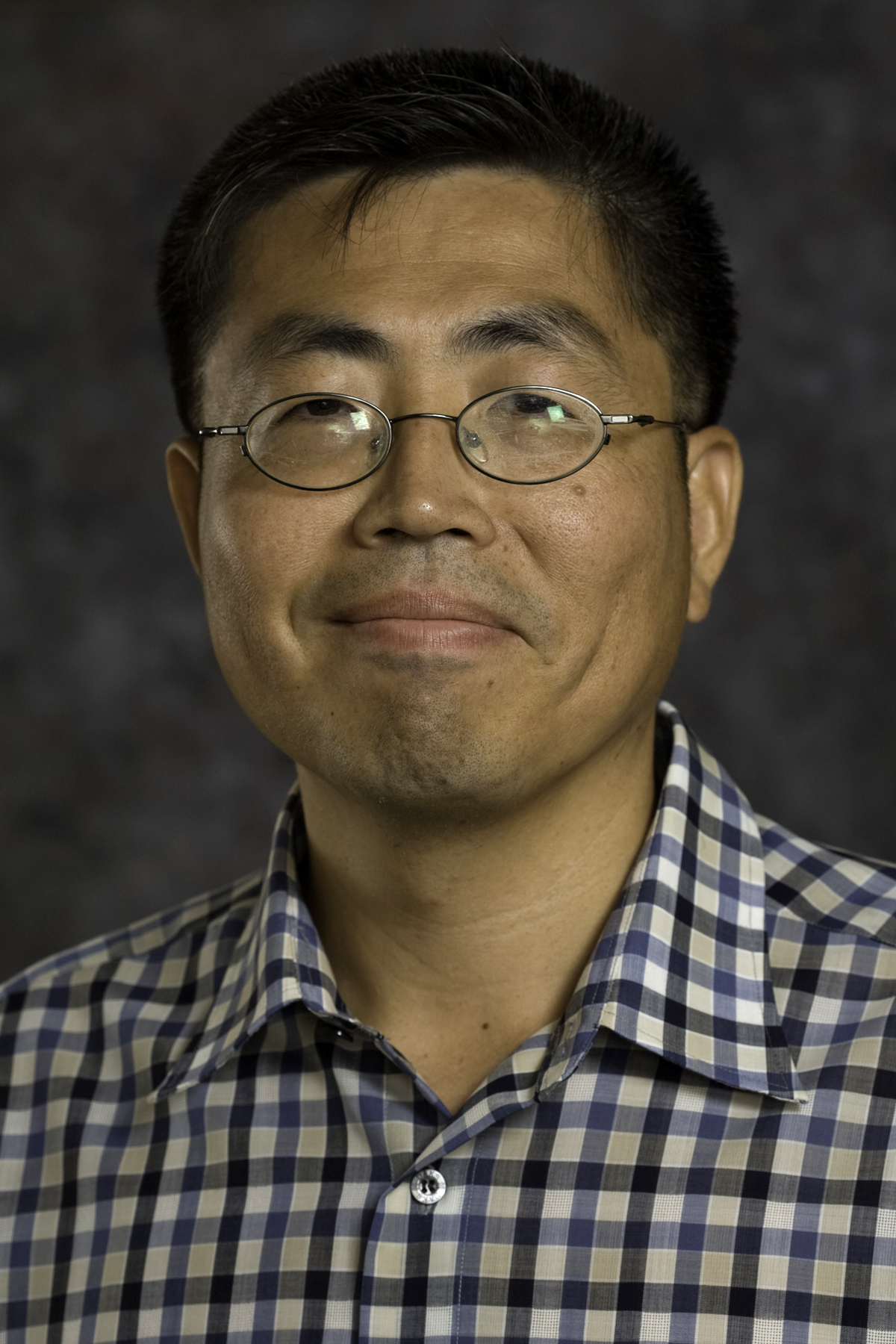FAYETTEVILLE, Ark. — Using an unusually extensive dataset, an international team of researchers has identified several factors that promote government innovation. While leadership commitment to innovation is vital, it also takes an engaged, professional workforce and new management structures to implement and spread innovative practices.
Seok Eun Kim, a public management scholar at the University of Arkansas, worked with colleagues in Illinois and Korea to examine extensive data gathered by the Korean government on the adoption, implementation and diffusion of innovative government programs. The research is one of the few data-driven assessments of innovative practices in government.
“Previous research looked at management capacity and adoption of innovative practices,” Kim said. “Our research was the first to use quantitative methods to examine management capacity and the implementation and diffusion of innovation.”
Kim described the Korean government as a particularly appropriate subject for research on innovation. The government has named innovation to be a top national priority, and more Koreans per capita have access to the Internet than citizens of any other country in the world. The United Nations has ranked Korea No. 5 in its E-government Readiness Index, and the capital city of Seoul is first in the world in electronic government systems.
The research findings, presented at the biennial Public Management Research Conference held this fall, confirm the importance of management capacity — the ability to manage people and administrative structures and translate them into public services. At the same time, the researchers have identified particular factors that affect the implementation of innovation and its subsequent diffusion — or spread to other agencies.
Although the researchers found that a strong leadership commitment to innovation is the most important factor in government innovation, they learned something new about the type of leadership that is effective.
“Contrary to the performance literature that claims a strong tie between stable leadership and performance, new leaders’ willingness to take risks for new projects with fresh perspectives, rather than their years of experience, decided the success of innovation implementation,” the researchers found.
When it comes to implementing innovative plans, the commitment and professionalism of employees was another important factor. A key strategy of the Korean government was to promote active employee participation through problem-solving teams and education programs. Transforming management systems into team structures “played a significant role in the implementation of agency innovative programs.” Rewards for creativity and novel approaches also increased the prospects of successful implementation.
“Unexpectedly, our findings did not confirm the value of evaluation and feedback systems in the implementation of innovative programs,” the researchers wrote. “Instead, they significantly increased the probability of innovation diffusion.”
The researchers suggested that systematic assessments of the effectiveness of new programs could “reduce the uncertainty about the quality of innovations and increase a chance to be adopted by other agencies because of their proven quality.”
The researchers also addressed the need for effective “network management” to promote the implementation and diffusion of public innovation, because the work of governments takes place in a political environment.
“Consistent communications with multiple stakeholders using such tools as media, publications and the Internet would increase understanding about new behaviors and bring political support for the change,” the researchers wrote.
Even with a strong leadership commitment to innovation in Korea, adoption and implementation is widely inconsistent among agencies. The researchers suggest that future studies examine the impact of organization characteristics on innovation.
Kim is an assistant professor of political science in the J. William Fulbright College of Arts and Sciences at the University of Arkansas. His research colleagues were Jung Wook Lee of the University of Illinois at Springfield and Byong Seob Kim of Seoul National University.
Contacts
,
